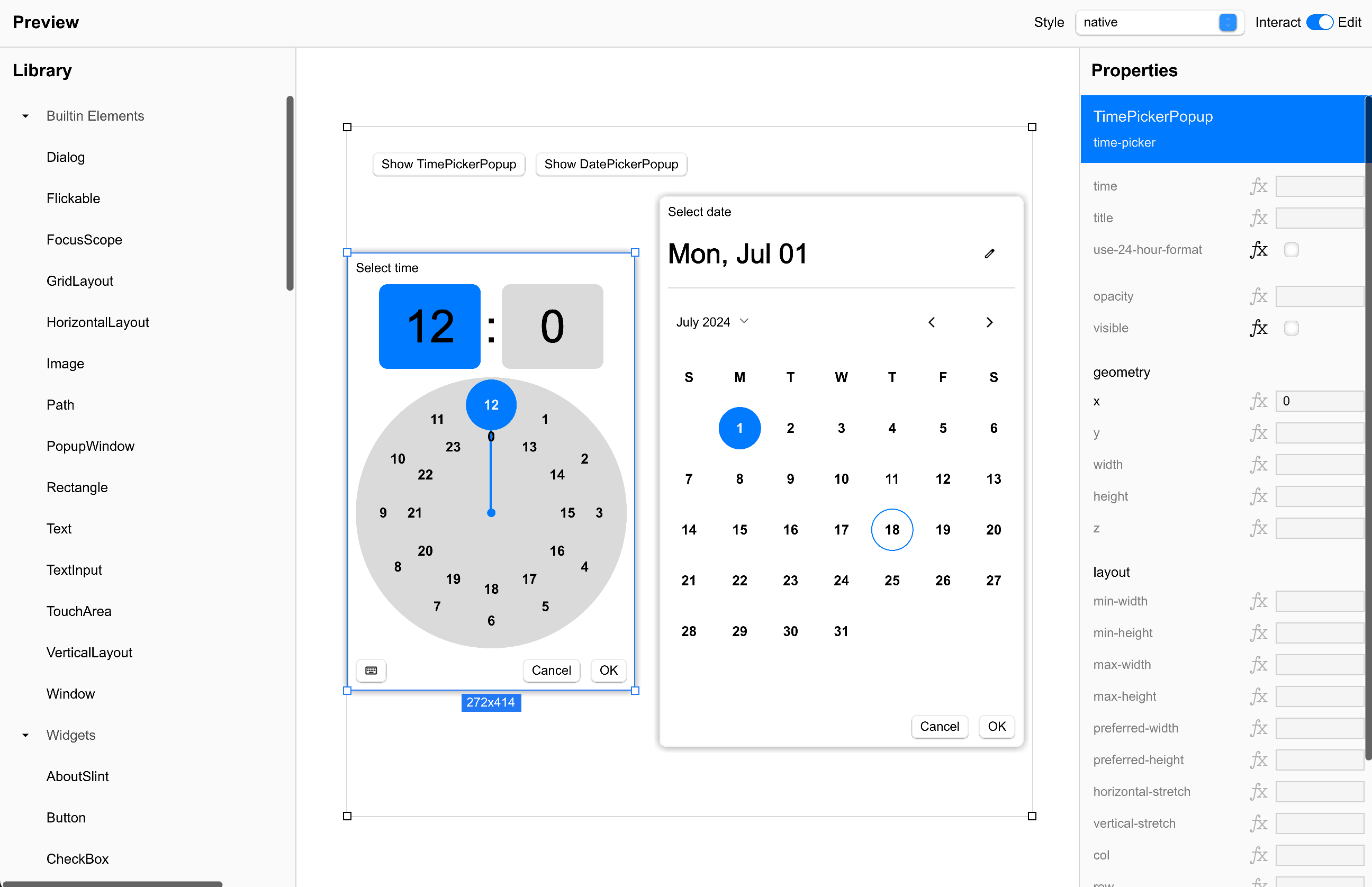My coworker used it till his HDD broke, taking his key into data heaven. The repository is still online thanks to radicale, but he has no way to ever get push access to it again.
So it is useless as any misstep can potentially kill your access to the repo.






If you find a reliable way to allow for people to use data without being able to copy it: Patent it right away, the entertainment industry will be paying big time for it.
Same for erasing the laptop: You can only erase something as long as you can talk to the machine in some way to instruct it to clean itself up. The guy with the machine in hand can just turn off wifi to stop it from receiving the message…